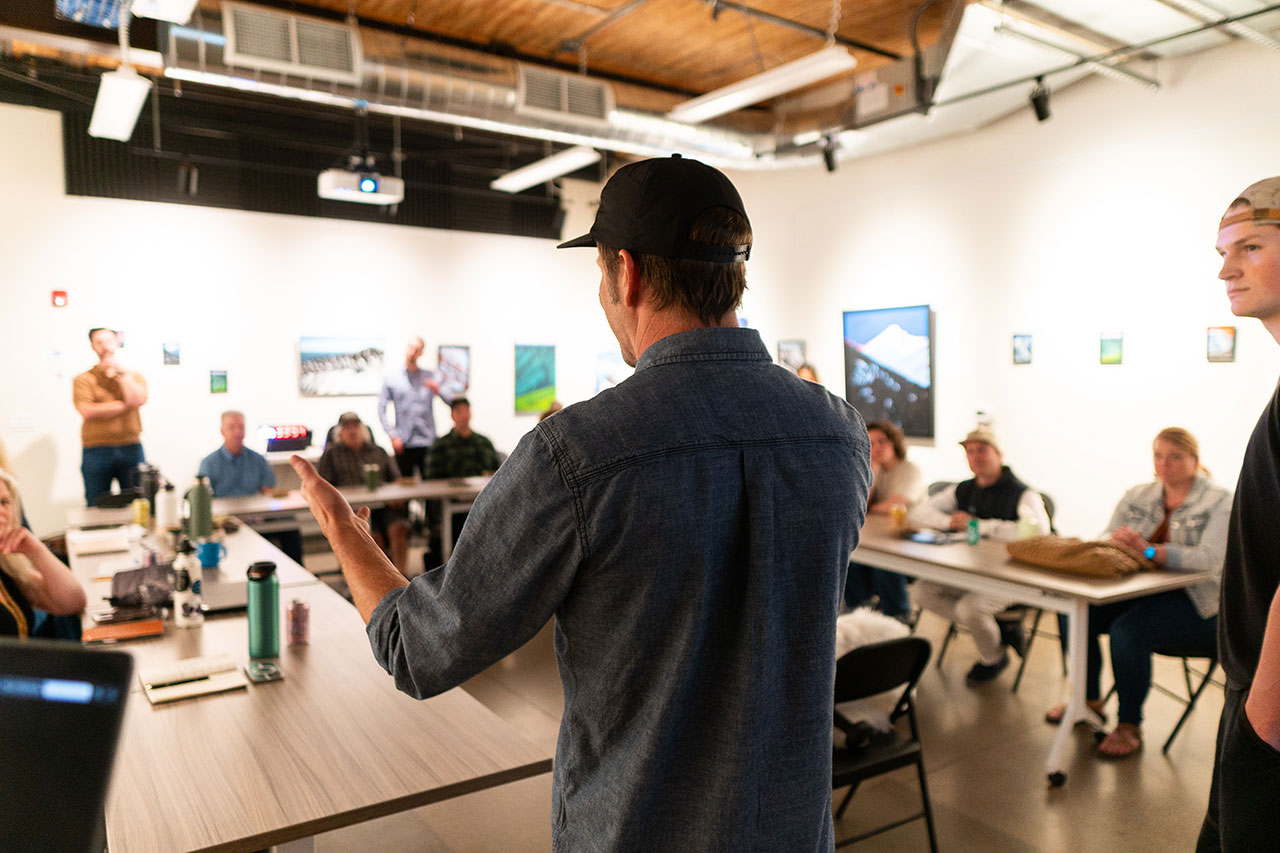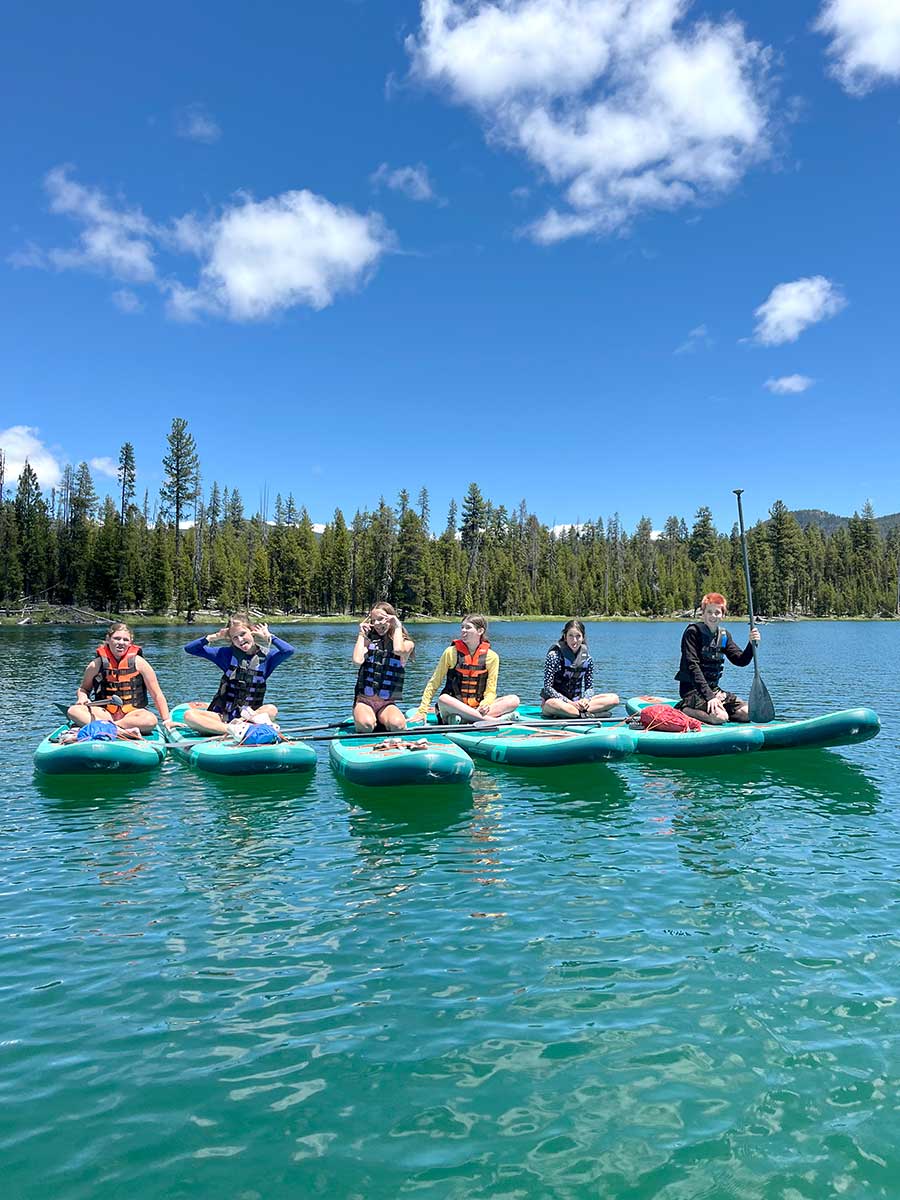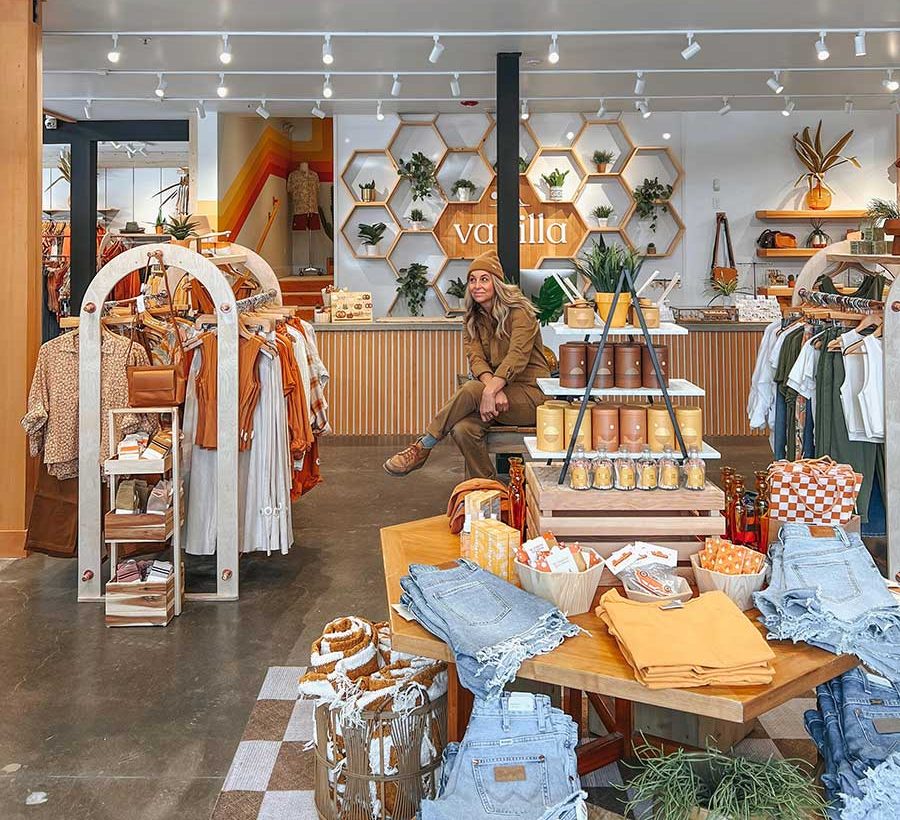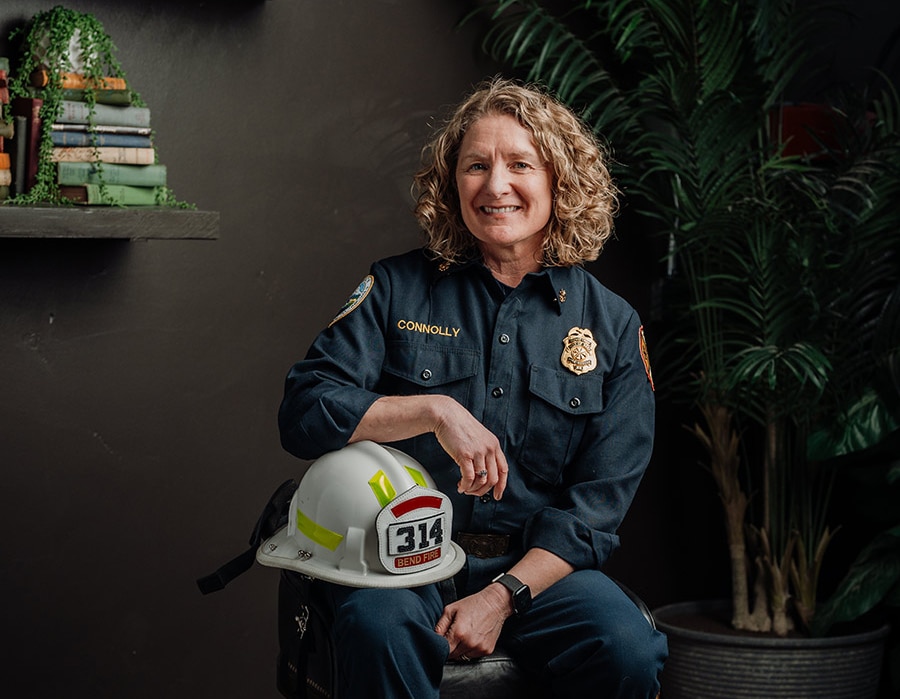Records from 296 B.C. in Ancient Greece tell of a place where men would gather to get their hair and beards trimmed, and of course, debate political and philosophical subjects while they were at it. In reality, the practice of barbering—or cutting men’s hair—goes back even further, as nearly every culture throughout history had some sort of standard for men’s grooming. While the methods of cutting hair, products used and styled appearances have changed over time, barbershops are still considered gathering places for men to sit back, take care of themselves and perhaps even gossip a bit. Across the country, these businesses that traditionally cater to men can be identified by the swirling red, white and blue streaks of a barber pole outside their front doors. In Bend, when someone walks into a barbershop, they are often greeted with a local beer or whiskey to sip while waiting for a turn in the barber’s chair.
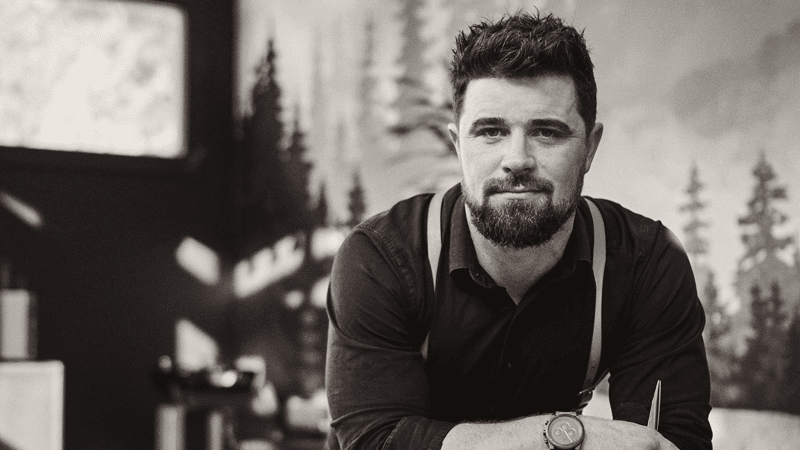
The Business of Barbering
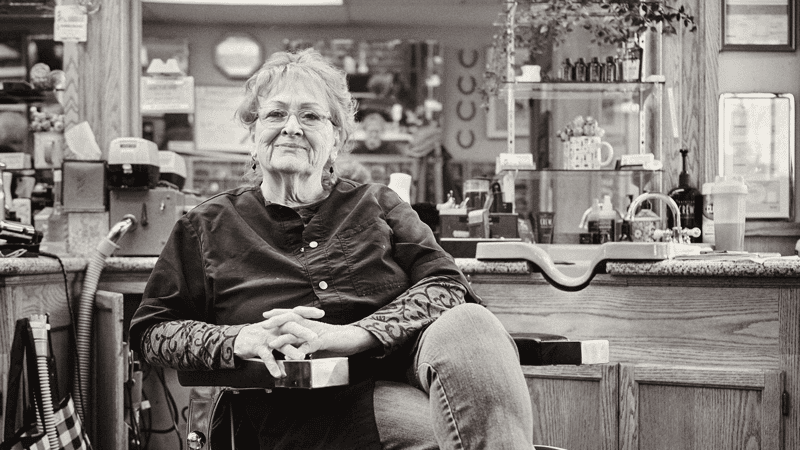
In Deschutes County there are 141 people licensed as barbers, practicing a career that has traditionally been for those who want to be their own boss. According to many barbershop owners in Bend, the trend in Bend and throughout the country isn’t to employ barbers, but instead to rent out chairs for barbers to practice their craft. In this way, most barbers are self-employed—they dictate their own schedule and many of them have their own loyal following of clientele that is somewhat separate from the overall shop’s roster.
For many owners and barbers such as Debbie Bennett, current owner of L & K Barber Shop which has been open in downtown Bend since 1968, this method of employment has significantly more pros than cons. Bennett said that barbers can oftentimes make more money in self-employment. Beau and KayLea Beach, the husband and wife owners of Esther Salon and 4.fourteen Gentlemen’s Grooming, both located within the Widgi Creek Resort, said that there are two sides to the chair-rental form of employment. “The flexibility of self-employment is nice, but some stylists and barbers are going to want the stability that a nine-to-five income brings,” said KayLea. Beau echoed the statement by adding that some barbers appreciate a more hands-off approach when it comes to scheduling, booking clients, advertising and handling finances. “Self-employment can work out really well if you’re the kind of person who wants that control and independence,” he said.
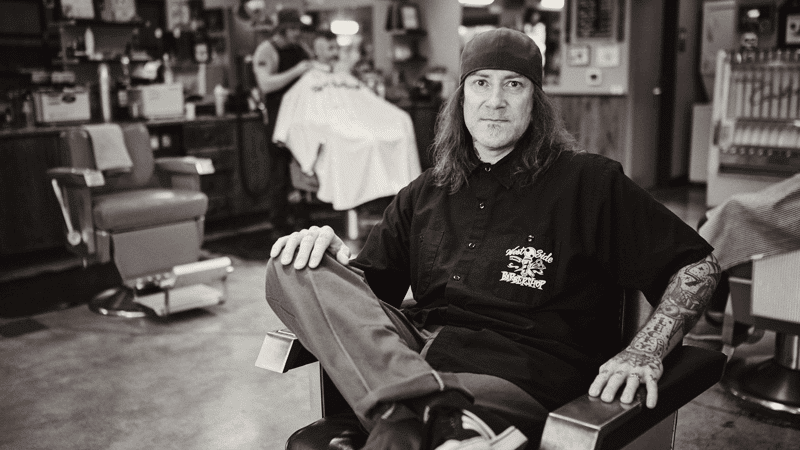
At the West Side Barber Shop, owner and barber Travis Maxwell asserts that the biggest pro to being your own boss is that it allows you to truly be yourself. “I’ve always wanted to be a barber,” he said. “I’ve always had an interest in it because it’s an old-school practice that lets people still be people.” In his barbershop, Maxwell is able to be himself. He is heavily tattooed in the American traditional style and spends his free time fixing up hot rods. He believes that the very nature of self-employment attracts people like him to barbering.
When asked about the biggest challenge they faced while running their businesses, each owner echoed the same point: the pandemic shutdowns were difficult to survive, but barbering is an ongoing practice because grooming is consistent when hair grows at a rate, for most, at a half an inch per month. Today, many shop owners are happy to say that their books are almost always full, keeping their respective businesses steady and profitable. A challenge facing the industry today is the lack of young barbers, creating a somewhat hot labor market with a high turnover rate.
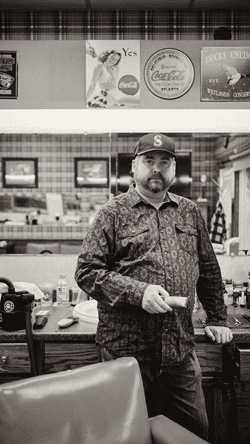
Barbershop Culture
Socially speaking, barbershops have traditionally played an important role in society. Beau and KayLea agree that barbershops have been one of the only socially acceptable places for men to make time for self care and talk about their personal lives. “Historically speaking, and especially with older generations, many men haven’t had an outlet to talk about themselves or treat themselves to something nice,” KayLea said. “Barbershops have always stood out because they allow men to do just that.” At each barbershop, the owner has an opportunity to create their own type of environment. Beach and Maxwell, for example, help their clients relax by serving them a complimentary beer or whiskey and are television-free to keep channels open for communication, they said. Bennett considers her shop more traditional with a television to watch during a wait for a haircut, but no beer is served.
Keeping up traditions
No matter how they approach cutting hair, each owner emphasizes one thing: tradition. From the way that Beau trims long hair with a straight razor using what is considered an old-fashioned technique to how Bennett rejects serving beer, tradition is something that is very important to barbers. While techniques and aesthetics change in the future, just as they have in the past, the industry of barbering will not go away: hair will need to be cut, and the barbershop as a gathering place for men to relax and accept pampering will remain in some form. Today, the tradition is visible with the welcoming signal of a whirling barber’s pole.
Read more about our vibrant Central Oregon businesses here.

